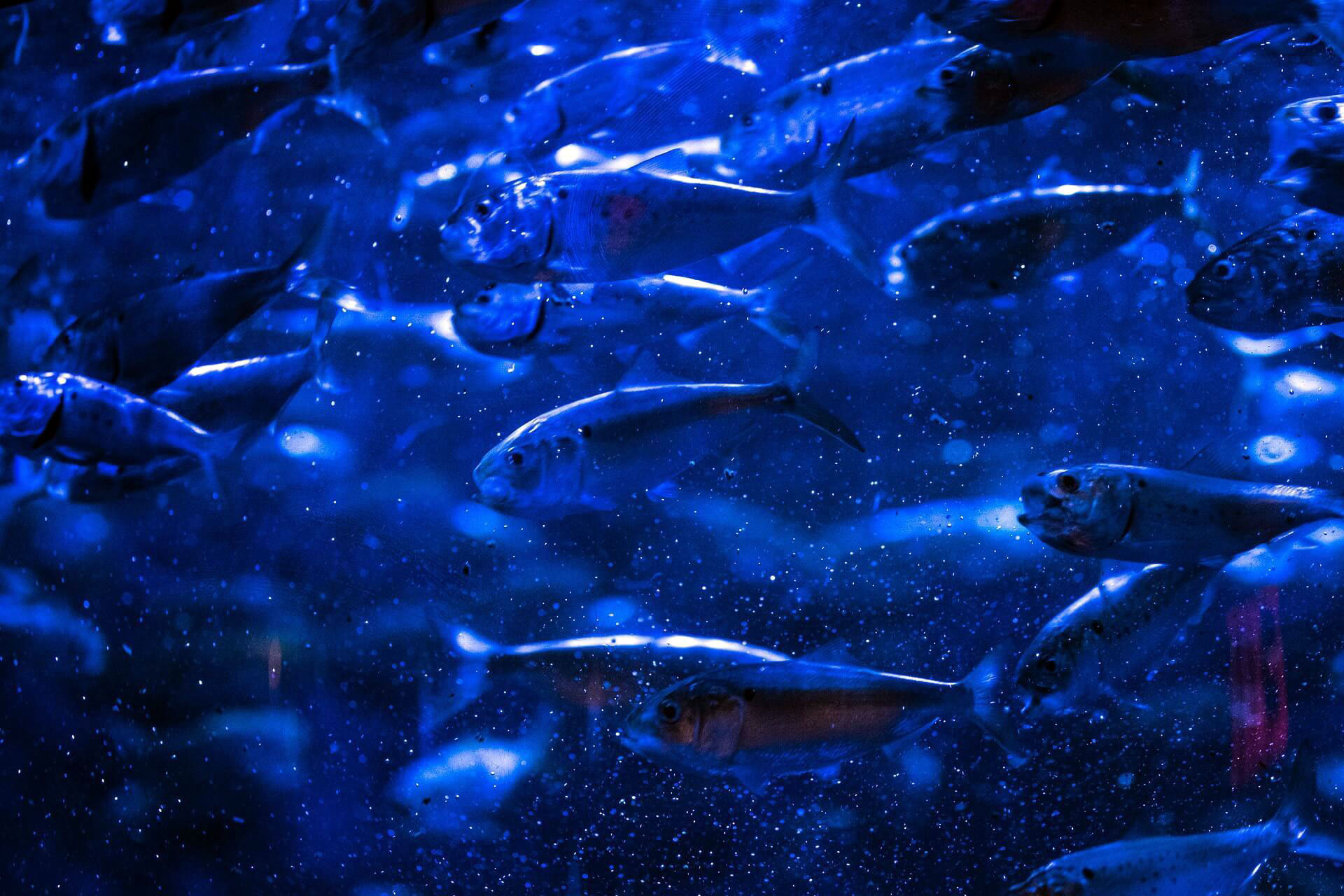ASMFC In The News
Excerpt republished from One Angler’s Voyage blog
If you read most of the articles written about Chesapeake Bay menhaden, you’d get the impression that they were in some sort of serious trouble.
Such skewed public opinion was readily apparent in the comments made by some stakeholders ahead of the December 16 meeting of the Atlantic States Marine Fisheries Commission’s Atlantic Striped Bass Management Board. While the problems facing the striped bass stock are well known—it experienced overfishing for many years prior to 2020, and because of unfavorable environmental conditions, most notably a lack of cold winters and cool, wet springs, has experienced very poor spawning success over the past six years—too many commentors ignored those issues and placed the blame for low striped bass abundance on an imagined shortage of menhaden in the Chesapeake Bay.
“[Problems] in the Chesapeake Bay causing lower spawn rates [include]…allowing omega [sic] boats to fish inside the bay. The bass will still migrate south to there [sic] spawning grounds but when it comes to spawning time they don’t have enough bunker to feed on to nourish their eggs for viable spawning. As your own scientists have pointed out, striped bass are the most sensitive fish to declines in menhaden. I urge you to consider menhaden reduction harvest as a likely contributing factor in the decline of striped bass.”
“Stop all harvesting of Atlantic menhaden…Now bigger picture. Entire bays being harvested for menhaden no fish will push in and if there’s no food for their offspring why would they breed. [sic] These fish are not dumb they have been around a long time because of their survival skills. STOP the commercial harvest of MENHADEN. It is being used for completely unnecessary products and the ecosystem all up and down the coast.”
Such comments were made regardless of the fact that there is no data supporting the claims that there are insufficient menhaden to support the striped bass population. The health of the menhaden stock is measured by the use of ecological reference points that are tied directly to the needs of the striped bass.
